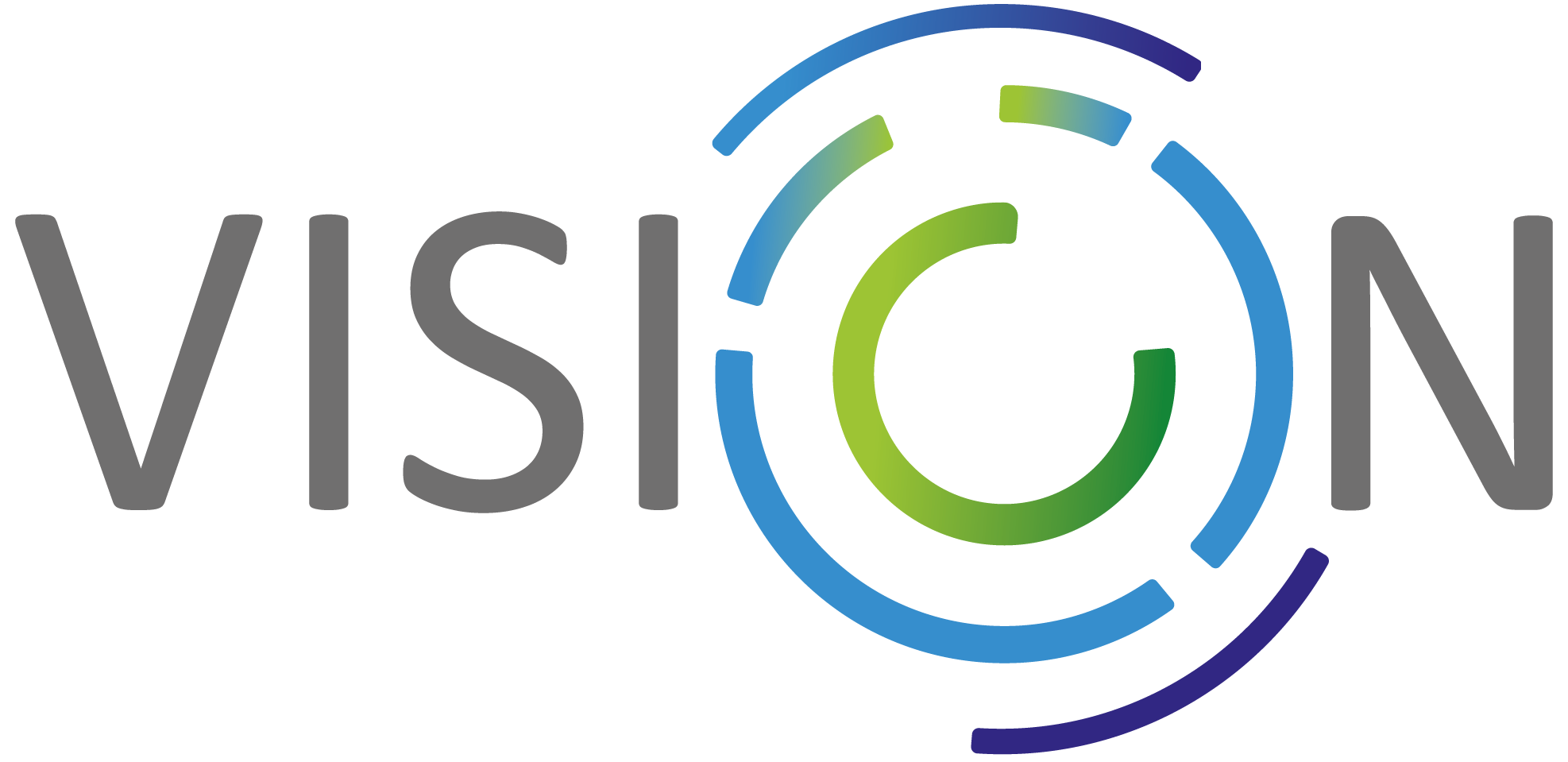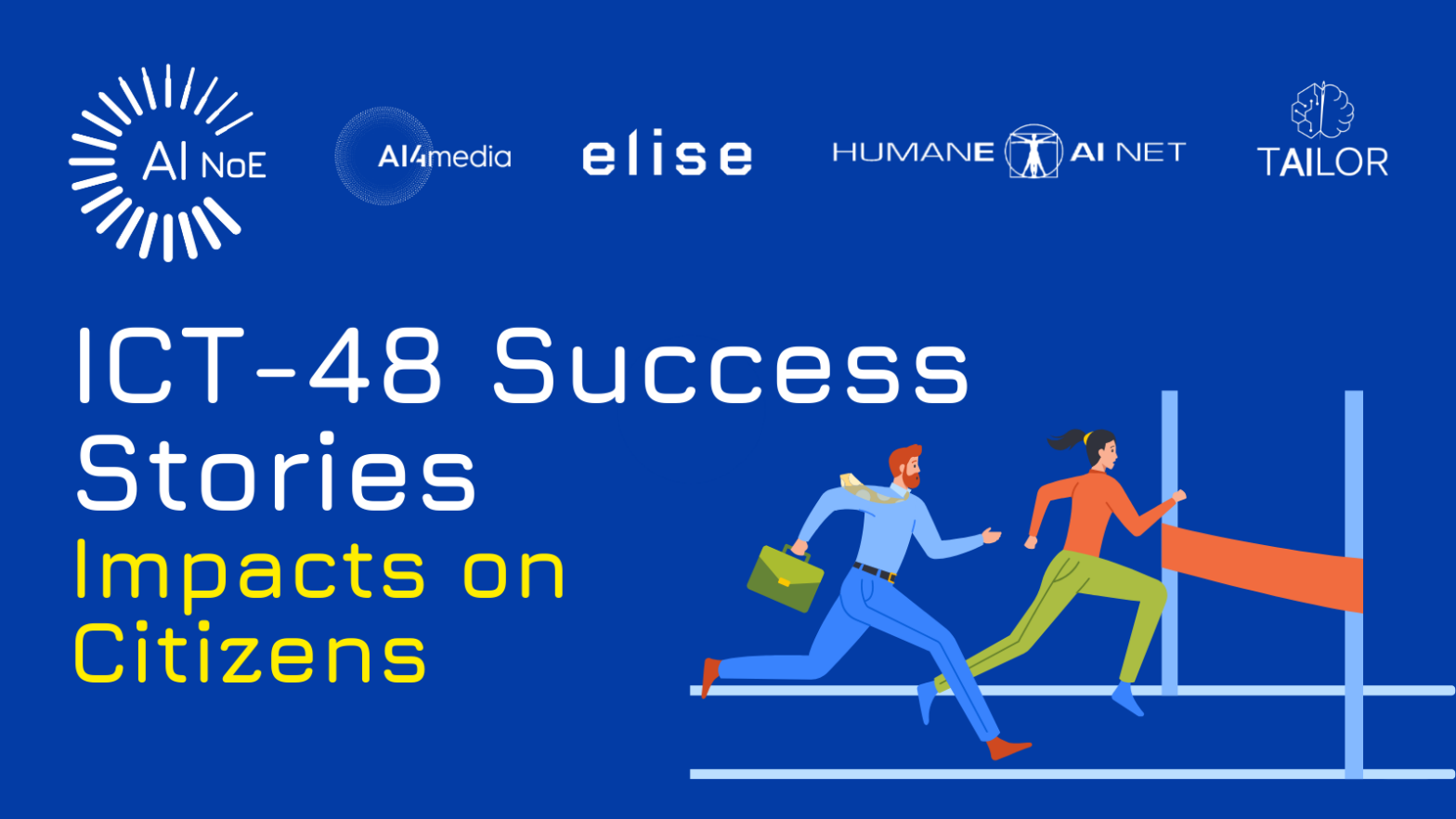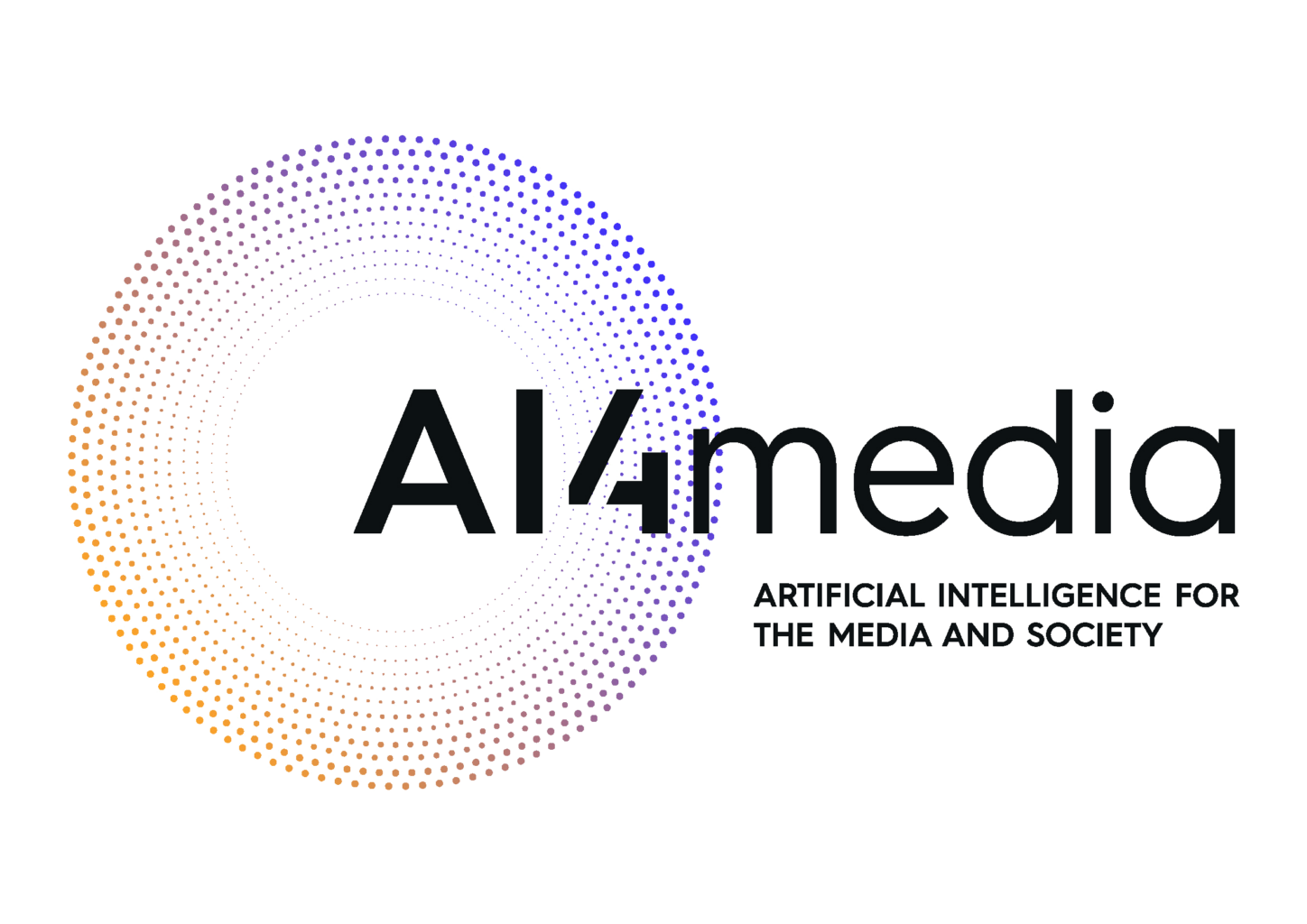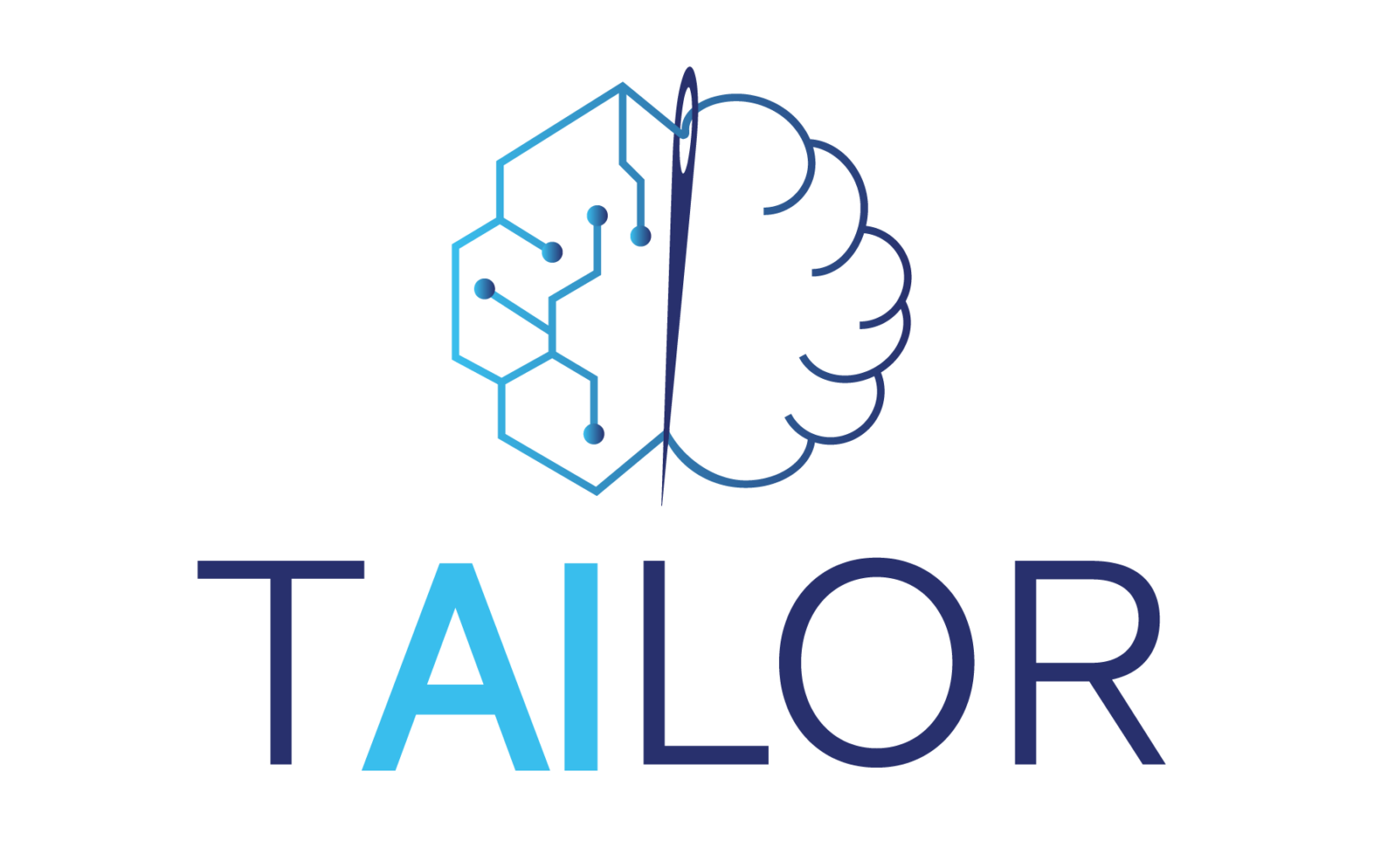Success Stories of ICT-48 NoEs with Impacts on Citizens
Explore a selection of impactful AI research achievements that have significantly benefited society. These success stories illustrate advancements in public engagement, technological innovation, and practical applications addressing key challenges such as disinformation, privacy, and local media analysis. Each example highlights the current stage of deployment, reflecting the ongoing contributions of various European Networks of Excellence (NoEs) in advancing AI for societal betterment.
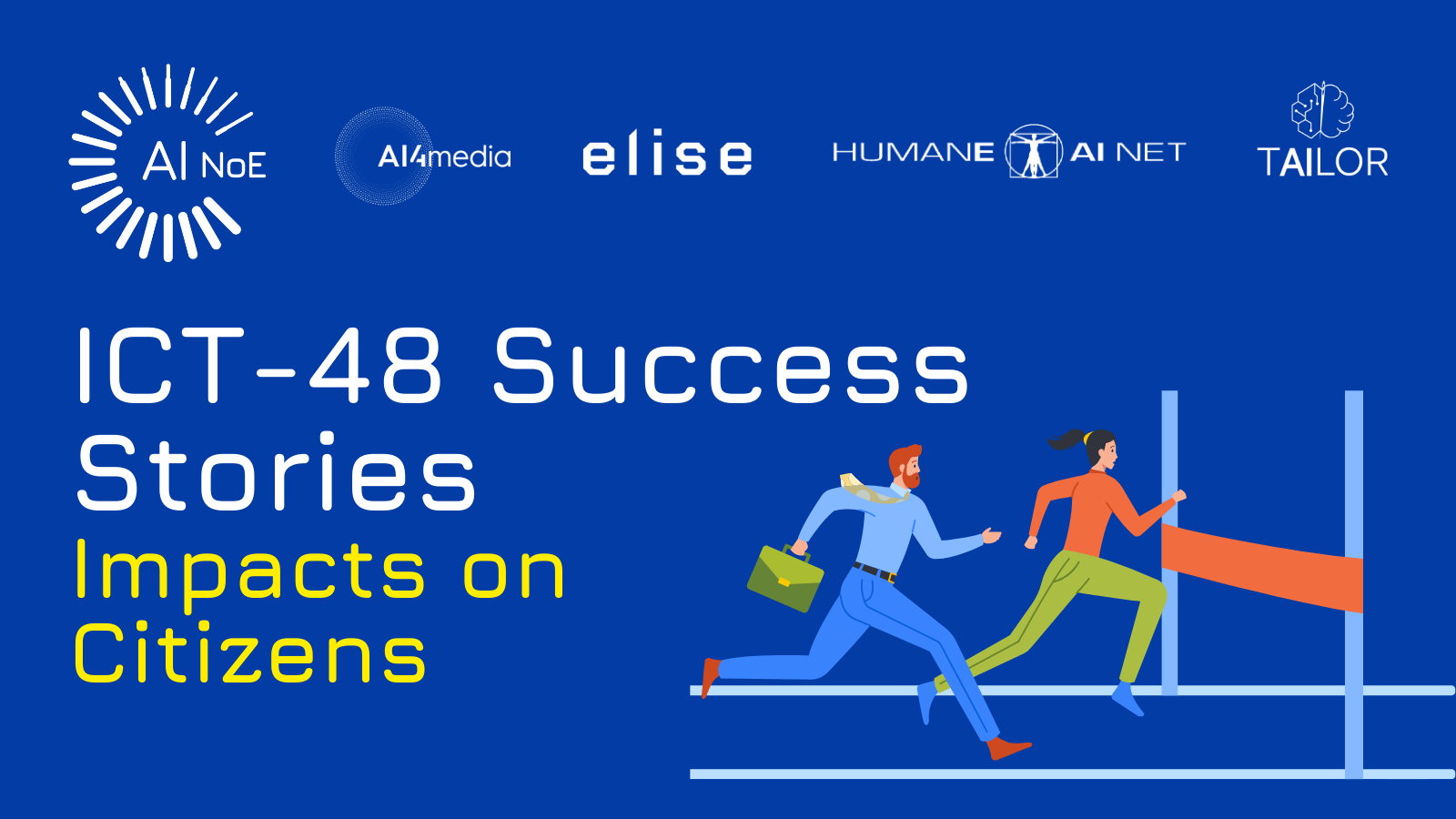
Read also about joint and particular achievements of NoEs:
Analysis of European Local News with NLP Tools
Local media occupy a special place within the media ecosystem. Historically, they have represented regional differences and diverse interests of readers. Today, local media have retained the specificity of representing the communities they serve, addressing information needs often not covered by national media. Local press plays a major role in maintaining the link between communities and democratic institutions, and is a key actor in addressing the crisis of trust affecting national and international media.
In the framework of the AI4Media project, Idiap Research Institute in Switzerland developed an analytical framework for local news based on open-source natural language processing (NLP) tools, and conducted analyses at the European level (involving news sources from multiple countries and newspapers) as well as at the hyper-local level.
App for Assessing the Real-Life Effects of Private Content Sharing on social media
YDSYO is a mobile app prototype that exploits AI technologies to provide feedback to users about the potential real-life effects of sharing photographs via online social networks. It analyses visual content from the user’s smartphone, aggregates the results in photographic user profiles, and rates these profiles in impactful situations such as searching for accommodation, a bank loan, or a job. Users are informed about how they stand in the crowd in each modeled situation and also about the effects of individual photos. They are provided a control mechanism through masking or deletion options associated with each photo. All processing is done locally on the user’s device to ensure privacy, and the user has full control over the data and inferences.
Artificial Intelligence: Possibilities and challenges
AI4Media co-organised a temporary museum exhibition on AI possibilities and challenges in the NOESIS Science Center & Technology Museum in Thessaloniki. The exhibition targets school children and the general public. It touches upon topics such as generative AI, AI bias, disinformation, sustainability, and more, and includes many interactive elements.
Key Contributions to Advancing the Fight Against Disinformation
As part of their use case in AI4Media, Germany’s international broadcaster Deutsche Welle (DW) and the Athens Technology Centre (ATC) have developed a demonstrator that allows for the testing of new AI services in a media business environment. The services are integrated into a “lab version” of Truly Media, an established platform for collaborative content verification. Included are video, audio and text content verification services, e.g., analysing deepfake videos, manipulated or synthetic audio and the text of Tweets. The use case owners DW and ATC tested these new services in the context of the existing Truly Media platform and verification workflows but also against business requirements related to AI services in media tools, Trustworthy AI as well as AI compliance.
Political Barometer: Predicting the Outcome of the EU Election in Greece
The Political Barometer was developed at the Artificial Intelligence and Information Analysis Laboratory of the Department of Informatics, Aristotle University of Thessaloniki (AUTH), Greece in the framework of AI4Media project. It is a software performing innovative political public opinion polling and election result prediction using sentiment analysis of political tweets (referring to political parties), which are collected and analyzed daily. Beyond estimating election results, the Political Barometer provides valuable insights into political events. Hence, it can serve as a primary tool for political discourse analysis. The methodology is presented in the publication [KAI2024]. Political Barometer training, besides using political tweets, is also based on:
a) the most recent objective truth, i.e., the results of past Greek parliamentary elections, and b) past classical poll results.
Its accuracy was demonstrated a) in the last (25/6/2023) Greek parliamentary elections and b) in the European elections of June 2024, as it outperformed any classical poll prediction. In the 6/2024 European elections, it achieved a minimal average deviation of only 1.05% from the official results for all parliamentary Greek parties that were commented on Twitter (X).
Successful Use of Deepfake Detection Service by Fact-Checkers to Debunk Disinformation in Recent Major Events
Work on synthetic image detection in the context of AI4Media and the related Horizon Europe project vera.ai, in particular, the recently developed RINE method, has been integrated as a service in the Fake News Debunker, a popular browser plugin, which is currently used by more than 130,000 users worldwide, primarily journalists and fact-checkers, for verifying multimedia content on the Internet. Our partner AFP has reported successfully using the synthetic image detection to flag AI-generated images in several high-profile cases involving major events, such as the European Elections, the War in Ukraine and the Israel-Palestine conflict.
AIGEA Medical – AI in service of empowering radiologists in the early detection of breast cancer
AIGEA Medical’s team is working on DeepMammo, the AI empowering radiologists in the early detection of breast cancer. DeepMammo supports imaging workflows and helps radiologists to identify cancer earlier, with greater precision, reducing the screening time and allowing a personalized screening method, simplifying daily screening activities radiologists perform all the while also reducing costs. By doing so, DeepMammo saves women’s lives.
Augmented Hearing leverages the power of AI to enable effortless conversations in naturally noisy environments
Augmented Hearing’s groundbreaking approach leverages the transformative power of AI in signal processing, going beyond traditional methods to clarify speech in ways previously unattainable. Their technology not only effectively eliminates background noise but also enhances phonetic contrast, making it easier for the brain to process spoken words. Augmented Hearing envisions a world where noisy environments no longer hinder human interaction.
Denovo Sciences employs AI to enable the generation of novel therapeutics
Denovo Sciences employs a Deep Reinforcement Learning approach (DRL) to train on physico-chemical simulations, enabling the generation of novel therapeutics without relying on training datasets. “This technology empowers Denovo to identify therapeutics for challenging targets, neglected diseases, and unconventional biological targets,” Vardan says. “The technology has already been validated in vitro and in vivo across multiple diseases.”
Rhino Health: Enhancing breast cancer prognosis by developing an advanced detection algorithm
Rhino Health’s mission, however, is to harness the power of federated computing to improve healthcare outcomes, by creating an activated, global network. Their FCP makes it possible to deploy code on data without ever needing to transfer those data. AI developers use the FCP to do harmonization, pre-processing, exploratory analysis, federated training / inference or even to build their own apps using their partners’ data – all using their favorite tools (e.g. Jupyter Notebook, TensorFlow).
ACME: A Chatbot for Migrants in Europe
ACME is a prototypical dialogue system that relies on computational argumentation to aid and orient potential asylum applicants through the asylum application process requirements, helping them identify the highest level of protection they can apply for. The kind of proactive support ACME provides before the formal asylum application process begins is important because in most cases migrants are not familiar with the regulatory framework of international protection. In this way, ACME contributes to a more sustainable migration by reducing the load on territorial commissions, Courts, and humanitarian organizations supporting asylum applicants. Thanks to its modular neural-symbolic architecture and its use of expert-made argumentation-enable reasoning abilities, ACME respects the fundamental principles of data governance and privacy and ensures transparency, auditability, and explainability.
Augmented Reality Tool for Pancreatic Surgeries
We have developed a wearable AR assistance system (ARAS) for pancreas surgery to navigate the surgeons throughout the surgical procedure and tested it during a series of real-life pancreatic surgeries.
Giving robots a human-like narrative memory
Human episodic memory does not simply contain isolated facts and events, but such facts and events are organized in coherent stories. Sometimes such narratives reflect real courses of events, but sometimes we even invent such narratives. They help us to make sense of the world, and they structure our interactions with each other. We tell each other stories (“I applied for this job because … but then the recruitment officer said … which was the reason for me to …”). Current memory structures of robots and other intelligent agents still contain mostly isolated facts and events. Our interactions with robots or other artificial agents would become more natural if such intelligent agents would use narrative structure to organize their memory and their interactions with us.
We have implemented a new library called Web-Services that interacts, through the use of APIs, with several open data knowledge repositories, and integrates their semantic facts into language models such as IRL. Using the Web-Services library, users can write IRL programs that send requests to different open data APIs, or convert SPARQL queries into RESTful APIs using GRLC.
The RAIN platform for context-specific Responsible AI Assessment
RAIN provides the means for conducting in-depth AI assessment by considering ethical socio-legal values both in the model and the development and usage processes. RAIN enables its users to identify the context that should guide the assessment process and relevant context-specific assessment criteria are then selected. A scoring mechanism provides the user with feedback on their status. The assessment criteria are managed through a modular ontology at the backend which connects multiple AI policy guidelines and standards together such as to avoid duplication of requirements during the assessment process.
TAILOR Boosts Regional AI Research and Innovation for Talent Attraction and Democracy
ACME is a prototypical dialogue system that relies on computational argumentation to aid and orient potential asylum applicants through the asylum application process requirements, helping them identify the highest level of protection they can apply for. The kind of proactive support ACME provides before the formal asylum application process begins is important because in most cases migrants are not familiar with the regulatory framework of international protection. In this way, ACME contributes to a more sustainable migration by reducing the load on territorial commissions, Courts, and humanitarian organizations supporting asylum applicants. Thanks to its modular neural-symbolic architecture and its use of expert-made argumentation-enable reasoning abilities, ACME respects the fundamental principles of data governance and privacy and ensures transparency, auditability, and explainability.
TAILOR Data Challenges
We have developed a wearable AR assistance system (ARAS) for pancreas surgery to navigate the surgeons throughout the surgical procedure and tested it during a series of real-life pancreatic surgeries.
TAILOR Introduces Trustworthy AI in Education
We have developed a wearable AR assistance system (ARAS) for pancreas surgery to navigate the surgeons throughout the surgical procedure and tested it during a series of real-life pancreatic surgeries.
The TAILOR Handbook of Trustworthy AI
The TAILOR Handbook of Trustworthy AI provides an overview of the main dimensions of AI trustworthiness and problems related to the development of ethical and trustworthy AI systems. It is intended for non-experts, researchers and students. Supplementary material is available in the form of a video series, “Trustworthy AI explained” (https://youtu.be/lzg-B7kdfb0?si=QSLSX4IVbptvNaOh) and relevant wikipedia pages have been enriched with material from the handbook.
